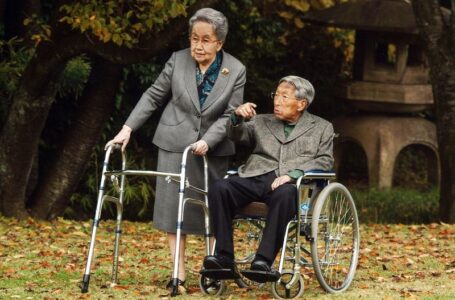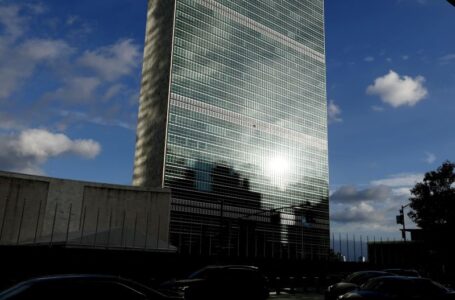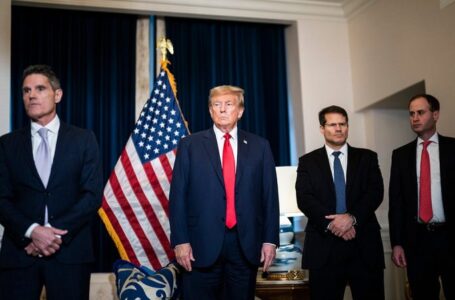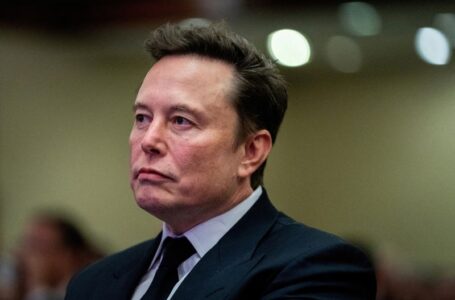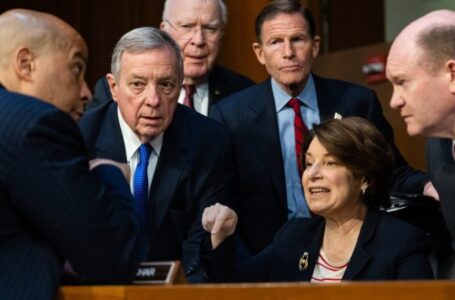Japanese Princess Yuriko, oldest member of imperial family, dies at 101
Democrats, progressives cheering Trump verdict should be mourning this loss instead
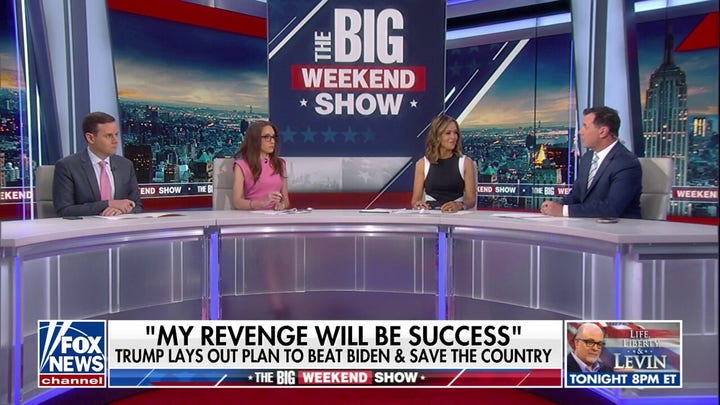

A Manhattan jury rendered its verdict on Donald Trump last week. The flimsy prosecution by District Attorney Alvin Bragg may have succeeded in harming Trump’s legal and political fortunes, especially in a close race. But it will come at the cost of unpredictable damage to our constitutional order.
Once again, Democrats have sacrificed the institutions and norms that have buttressed our political stability to stop a single individual who threatens their vision of democracy.
In last Thursday’s verdict, the jury unanimously agreed on a complicated set of facts that may well not add up to a criminal violation. It found that in 2016, Trump had paid porn star Stephanie Clifford (stage name, Stormy Daniels) $170,000 to keep silent about an alleged affair. That in itself does not violate the law.
The jury must have agreed with Michael Cohen, Trump’s lawyer at the time, that Trump improperly filed these payments as ‘legal expenses’ rather than as a contribution to his own presidential campaign. This might be a misdemeanor, worthy of a fine, but not by itself a felony.
And the jury must have concluded that this bookkeeping error was secretly an attempt to enable some greater crime, such as violating federal campaign or tax law – even though federal authorities had not brought charges against Trump for the non-disclosure agreement payoff to Clifford.
If this sounds complicated, it’s because it is – far beyond the abilities of a normal jury to understand. Trump will have strong grounds to appeal. Trial judge Juan Merchan may have erred in allowing the extensive, prejudicial testimony by Clifford, which had little relevance to accounting rules or campaign finance.
Observers have already objected to Judge Merchan’s allowance of Clifford’s inflammatory testimony, his interruptions of Robert Costello’s impeachment of Cohen, and his bar on the appearance of Brad Smith (Trump’s expert on campaign law). Appeals courts have little interest in second-guessing a trial judge on evidentiary rulings, but Judge Merchan made several serious errors of law well-poised for reversal. For example, he allowed the prosecution to withhold the second, greater crime allegedly enabled by the bookkeeping shenanigans until the very end of the trial. This violated Trump’s constitutional right of clear notice of the charges so he could put on an adequate defense.
In an equally serious mistake, Merchan allowed the Manhattan DA to enforce his personal version of federal election law. The Supreme Court has made clear in cases such as New York v. United States (1992), Printz v. United States (1997), and Arizona v. United States(2012), that the Constitution forbids state officers from prosecuting violations of federal law. The Constitution’s take care clause vests that authority only in the president and his subordinates.
Years could pass before Trump can take his appeals through the state appeals court system to the U.S. Supreme Court, where he would win solely on this last issue.
In the meantime, the prosecution will have already wrought its destruction on our constitutional norms. First gone is the tradition of not prosecuting presidents after they have left office.
In the 235-year history of the Republic, prosecutors both state and federal had left presidents alone. And this was not just because all presidents were as pure as the driven snow. Instead, elected executives had demonstrated the statesmanship to avoid using the criminal justice system to manipulate elections or punish their political rivals. Not only did Gerald Ford pardon Richard Nixon over Watergate, or George W. Bush leave Bill Clinton in peace despite the latter’s obvious perjury, but Donald Trump did not pursue Hillary Clinton for her routing of classified emails to her unsecured home computer network.
Avoiding the temptation of criminalizing political differences is not just important to protect a stable electoral system, but to ensure an optimal president. The Constitution concentrates all of the executive power of the federal government in the president. It does this not because the Founders believed presidents would be perfect, but because they knew that only a single individual could act with the speed, decisiveness and energy necessary to respond to emergencies, protect the nation and wage war.
If we allow any state attorney general or local district attorney to prosecute presidents – especially on the frivolous charges concocted by Manhattan D.A. Alvin Bragg – presidents will have to factor into their decision-making whether political rivals and opponents will turn to the courts to punish them. Presidents will worry about their litigation risk, rather than the risks to the nation.
The second norm gone is the rule of law, which at a minimum includes the idea that like cases must be treated alike. Bragg violated the rule of law by charging the former president with a crime – a bookkeeping misdemeanor upgraded to a felony by an alleged violation of federal election law – that had never been charged.
People expect the courts to enforce the rule of law, but judges refuse to inquire into ‘prosecutorial discretion’ – the principle that only the executive branch selects the cases to investigate. Courts cannot force prosecutors to drop cases because they have selected a specific defendant, nor can they force prosecutors to charge other defendants to ensure equality of treatment.
The Trump case put on vivid display the principle that the most important protector of the rule of law are prosecutors and other members of the executive branch. They ensure that the law is applied equally in the choice of cases to bring and not bring.
It is for prosecutors to live up to the ideal that society punishes defendants for committing crimes, not simply for being unpopular. But in investigating Trump first and coming up with the crimes second, Bragg and his colleagues in Atlanta and Washington, D.C., have violated the rule of law.
Progressives celebrating Trump’s conviction should instead be mourning the loss of the institutional norms that have served our nation so well for so long.

